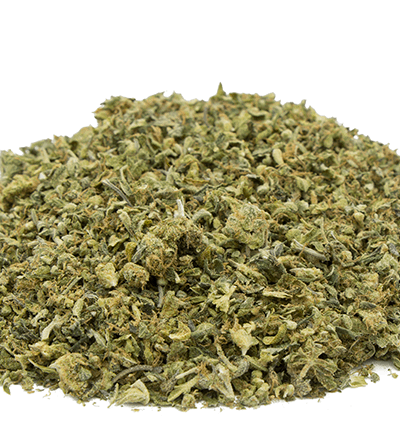As cannabis policy evolves across the United States, dispensaries play an increasingly important role in various communities. In Long Beach, California, dispensaries not only provide access to a wide range of cannabis products, but they also significantly shape the local economy, wellness, and social dynamics of the area. A dispensary in Long Beach, CA, serves as a vital resource for residents, facilitating both recreational and medicinal use while fostering a culture of acceptance and understanding around cannabis.
Enhancing Access to Cannabis Products
One of the functions of a Long Beach, CA, dispensary is to provide a diverse selection of cannabis products, such as flowers, edibles, oils, and topicals. These facilities act as critical access sites for both recreational and medicinal users, ensuring that locals may receive items that match their specific requirements. Cannabis is a popular medicinal alternative for many people seeking to manage a variety of health issues. Medical patients frequently seek treatment for persistent pain, anxiety, and other disorders. A dispensary in Long Beach, CA, offers expert product selection advice, assisting patients in navigating the numerous options available. Knowledgeable staff may provide insights into the various strains, ingestion techniques, and dosages, ensuring that clients obtain the best product for their unique needs. This kind of accessibility is critical in a society that is increasingly emphasizing the value of holistic approaches to health and wellness.
Contributing to the Local Economy
In addition to encouraging health and wellness, dispensaries make a significant contribution to the local economy. These enterprises create job prospects in dispensaries and allied industries such as agriculture, manufacturing, and distribution. The cannabis business has shown to be a strong economic driver, driving new entrepreneurs and investors to the region. Cannabis sales bring more tax income, which benefits the local economy. In California, public programs such as education, health care, and infrastructure development receive funding from a percentage of cannabis sales taxes. This reinvestment in the neighborhood improves residents’ quality of life and demonstrates the practical benefits of having a dispensary.
Furthermore, dispensaries frequently contribute to community projects by sponsoring local events, charities, and educational programs. These corporations position themselves as responsible corporate citizens by connecting with local organizations and participating in community outreach. This commitment to community engagement not only improves business reputation but also builds their relationships with residents.
Impacting Social Dynamics and Cultural Acceptance
The presence of dispensaries impacts the local social dynamics. As more people learn about cannabis and its potential advantages, discussions about its use grow more open and inclusive. This cultural transformation is critical for breaking down outmoded assumptions and creating an accepting workplace. Dispensaries frequently serve as gathering places where people may learn about cannabis culture, exchange their experiences, and discuss its different applications. Dispensaries conduct events such as workshops, product tastings, and community forums to foster conversation and education, thereby bridging knowledge gaps.


